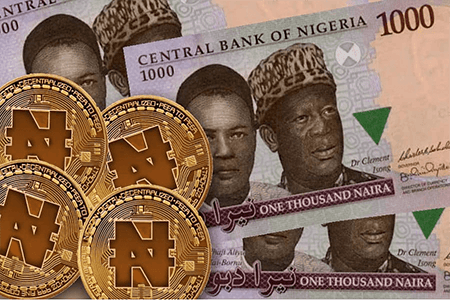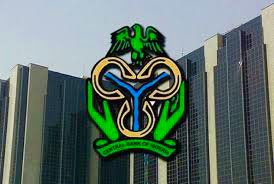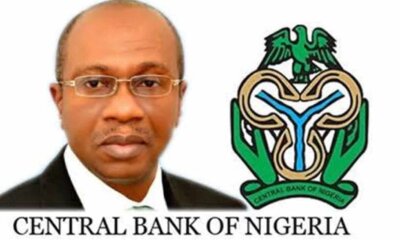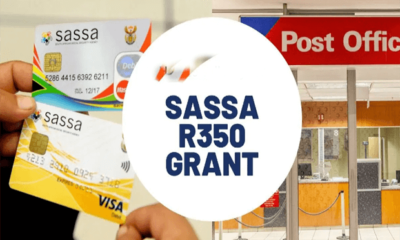News
CBN Finalises Unveiling Of E-Naira October 1

CBN Finalises Unveiling Of E-Naira October 1
The Central Bank of Nigeria (CBN) announced on Wednesday the concluded plans for the launch of its Central Bank Digital Currency (CBDC), the e-Naira on the 1st of October.
This was disclosed by the CBN’s Director of Information Technology, Rukiya Mohammed, on Wednesday, in a webinar, themed: “Digital currency and the prospects of CBDC in Nigeria,” organized by the Committee of e-Business in Industry Heads (CeBIH).
The CBN director said 85% of Central Banks globally were working on their digital currency, citing rising digital payments in Nigeria compared to cash payments, which is declining in Nigerian also.
You may also want to read E-naira To Be Accepted By All Business Outlets in Nigeria – CBN
“CBDC would contribute to macro-economic growth in the country. If people adopt more of the usage of the e-naira, it would enhance more data to formulate macroeconomic policies,” she said.
“Also, when more countries have their own digital currencies, it would increase the exchange of currency and facilitate cross-border trade at a lower cost.
The e-Naira will be a digit representative of the paper Naira currency issued by the Central Bank of Nigeria. The e-Naira will be a “complementary” legal tender in Nigeria, having the same exchange value as the Naira, and maintaining a “parity of value” with the Naira.
The e-Naira will not earn any interest to holders. The e-Naira is built on a blockchain open ledger technology. Creating the e-Naira on the blockchain means you cannot have a duplicate or fake e-Naira. Each e-Naira note will be unique.
What to note
Electronic currency is also known as a digital currency. The proposed e-Naira to be unveiled by the CBN is an example of digital currency.
According to Wikipedia, digital currencies exhibit properties similar to traditional currencies, but generally do not have a physical form, unlike currencies with printed banknotes or minted coins. This lack of physical form allows nearly instantaneous transactions over the internet and removes the cost associated with distributing notes and coins. Usually not issued by a governmental body, virtual currencies are not considered legal tender and they enable ownership transfer across governmental borders.
These types of currencies may be used to buy physical goods and services, but may also be restricted to certain communities such as for use inside an online game.
You may also want to read Five Nigerian Banks Paid N1.4bn for Forex Infringement
Digital money can either be centralized, where there is a central point of control over the money supply (for instance, a bank), or decentralized, where the control over the money supply is predetermined or agreed upon democratically.
CBN Finalises Unveiling Of E-Naira October 1
-
Tips2 years ago
Shiloh 2022 Programme Schedule – Theme, Date And Time For Winners Shiloh 2022
-
Business & Loans2 years ago
Dollar To Naira Today Black Market Rate 1st December 2022
-
Business & Loans2 years ago
SASSA Reveals Grant Payment Dates For December 2022
-
Jobs & Scholarship2 years ago
Latest Update On 2023 NPC Ad hoc Staff Recruitment Screening
-
Business & Loans2 years ago
Npower Latest News On August Stipend For Today Friday 2nd December 2022
-
Business & Loans2 years ago
Dollar To Naira Today Black Market Rate 2nd December 2022
-
Business & Loans2 years ago
Npower N-Tech Training: Npower Praises Female Trainees
-
Jobs & Scholarship2 years ago
Latest Update On Halogen Cyber Security Competition 2023































Pingback: eNaira Official Website Goes Live Ahead Of Launch - FlippStack